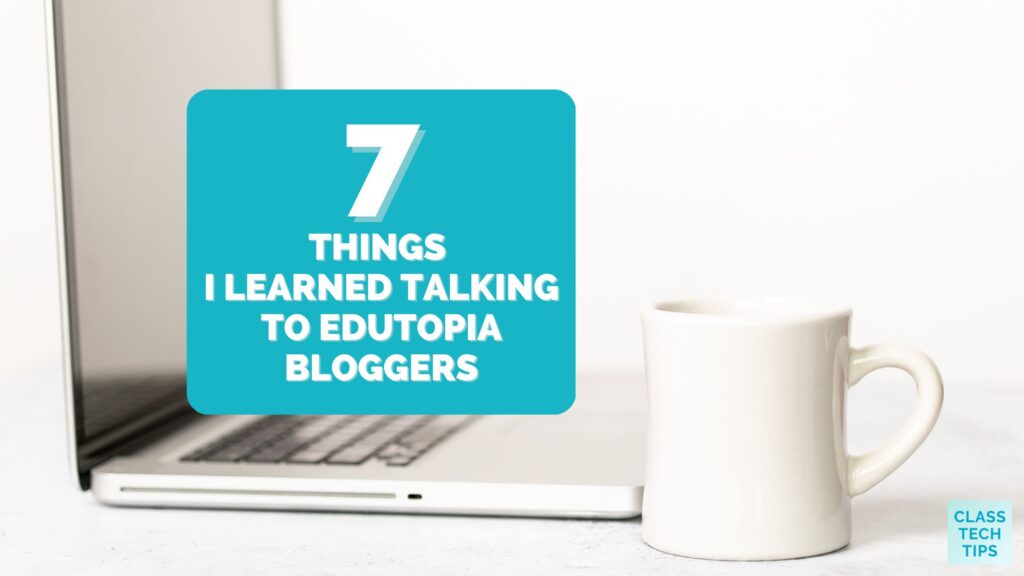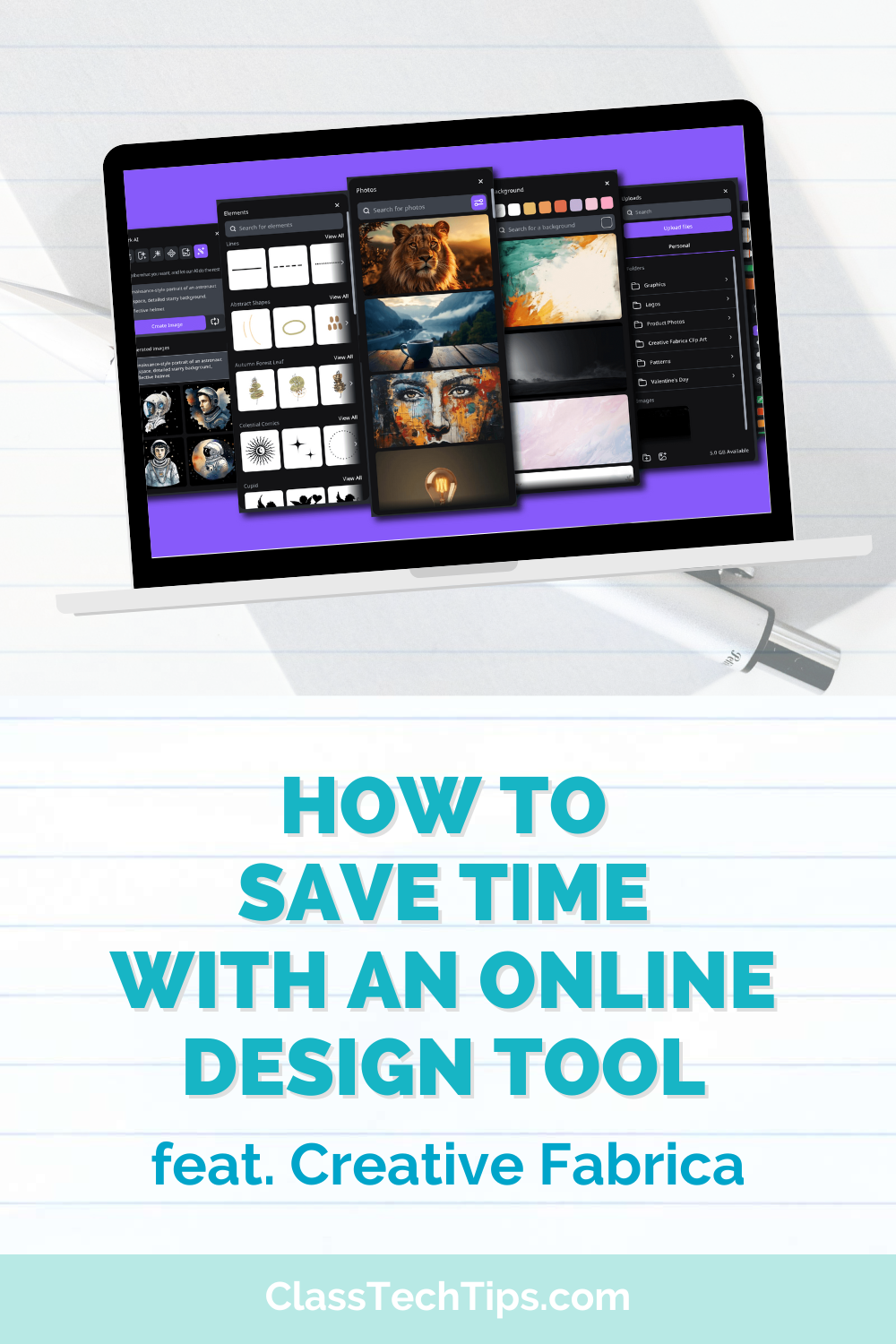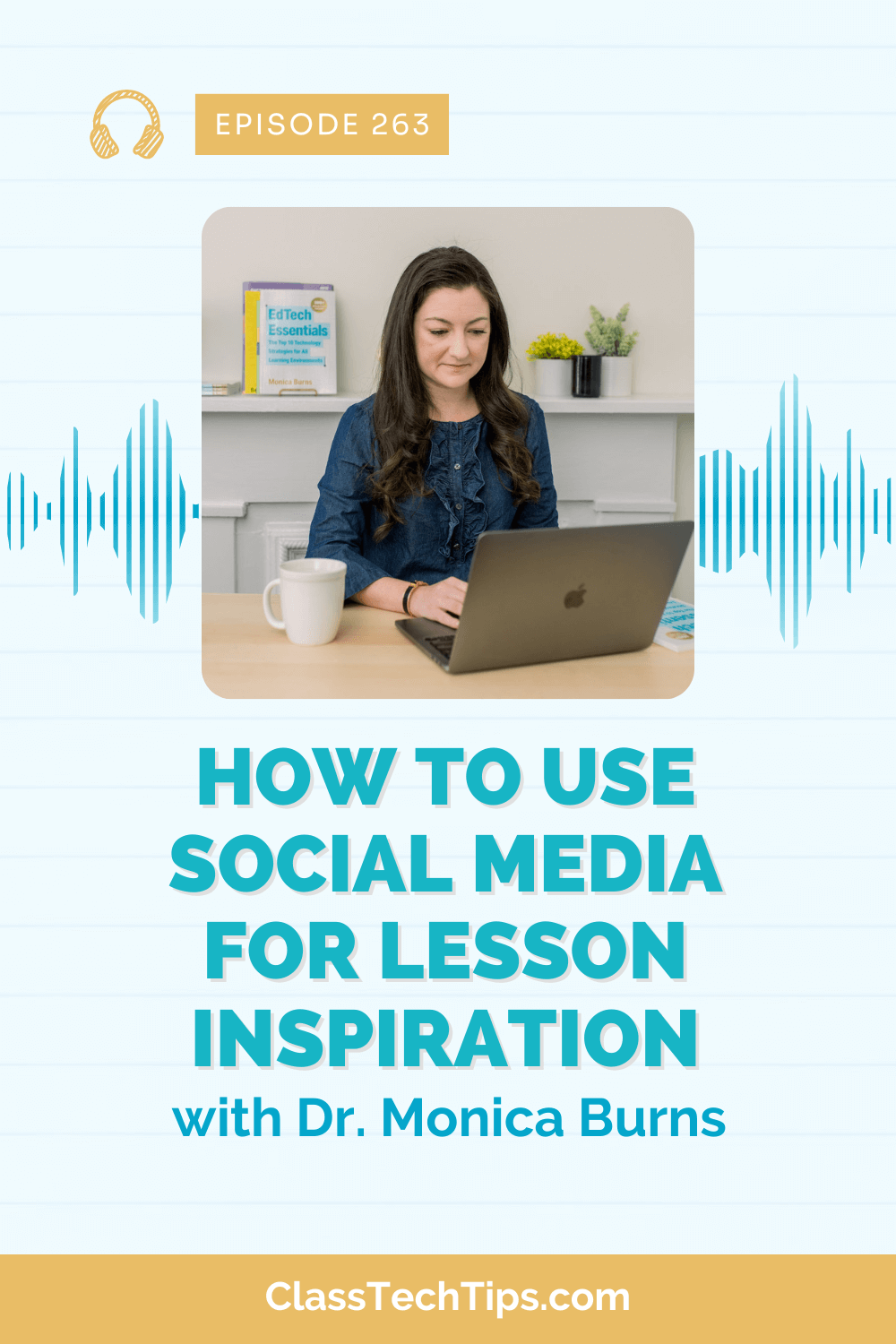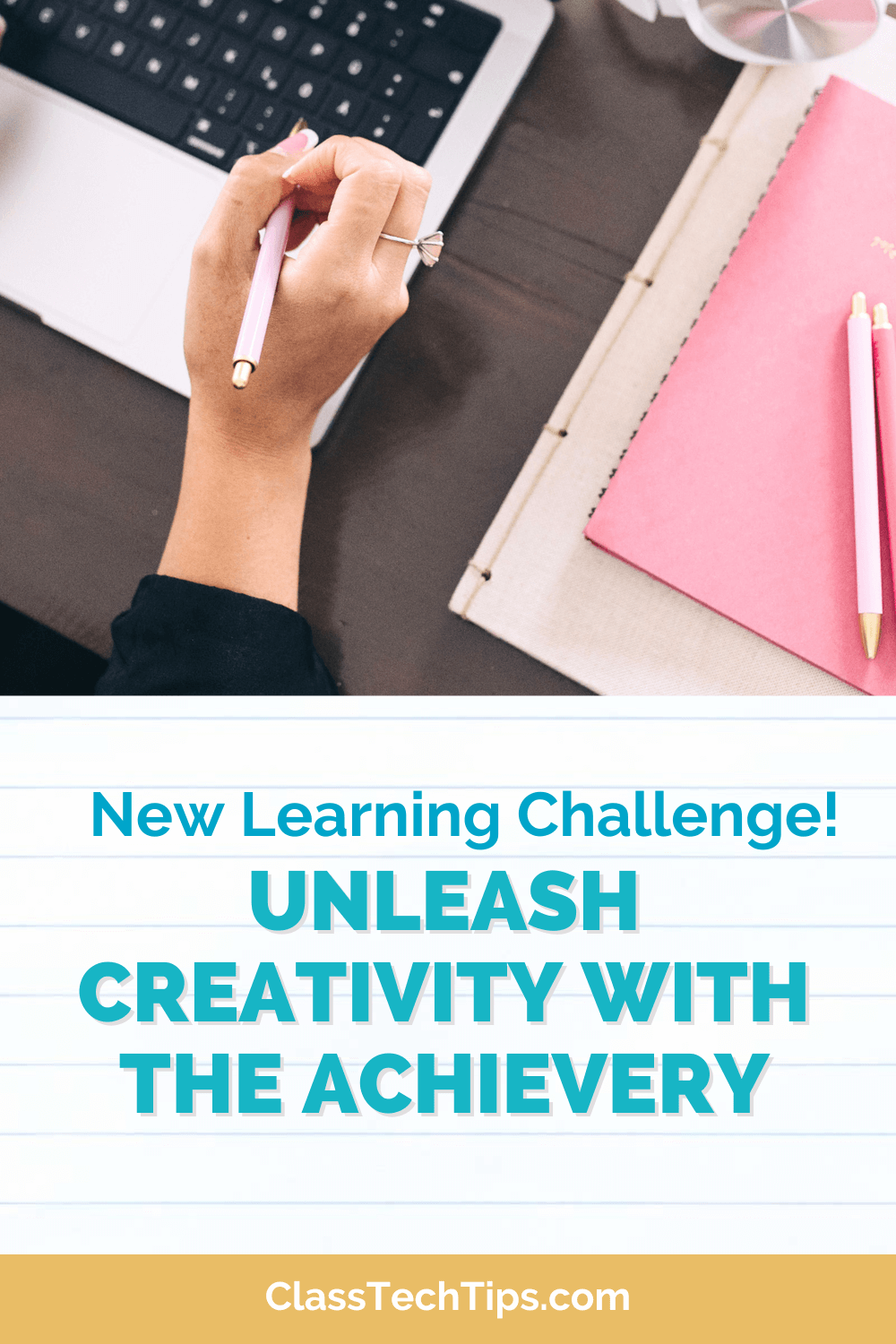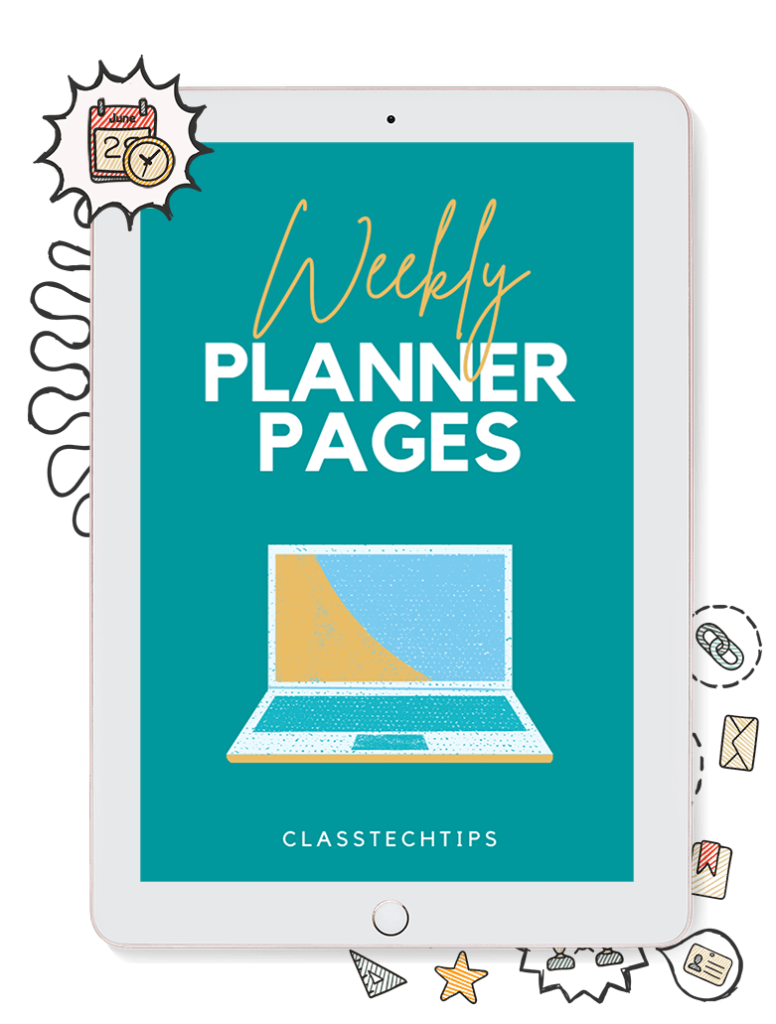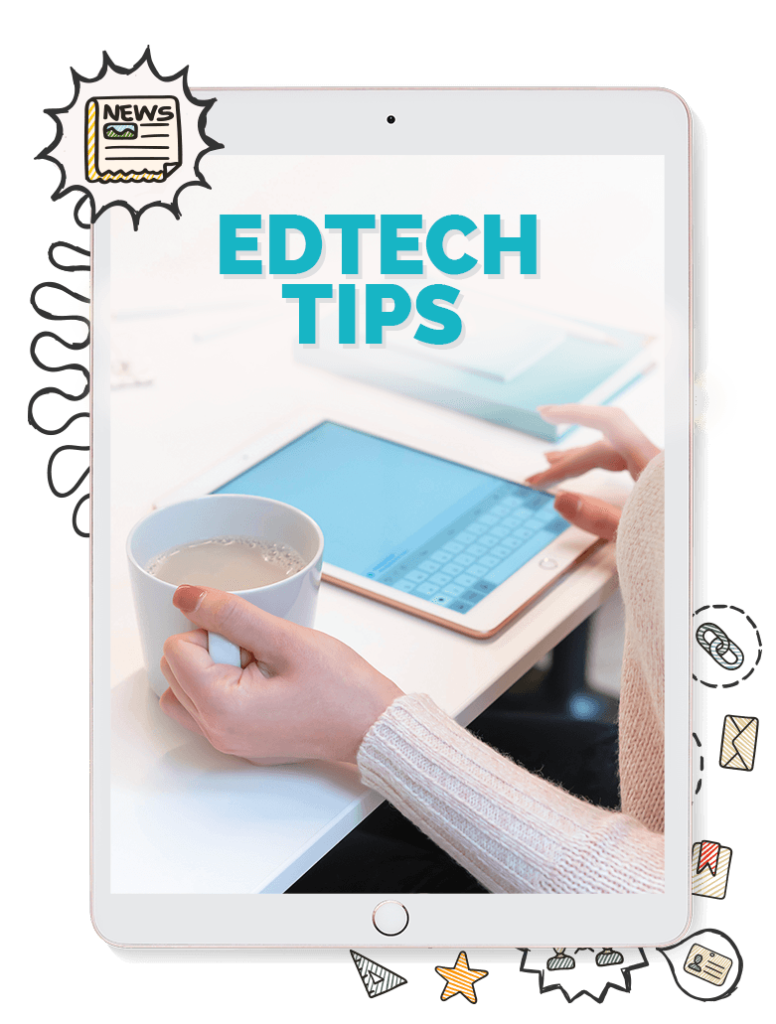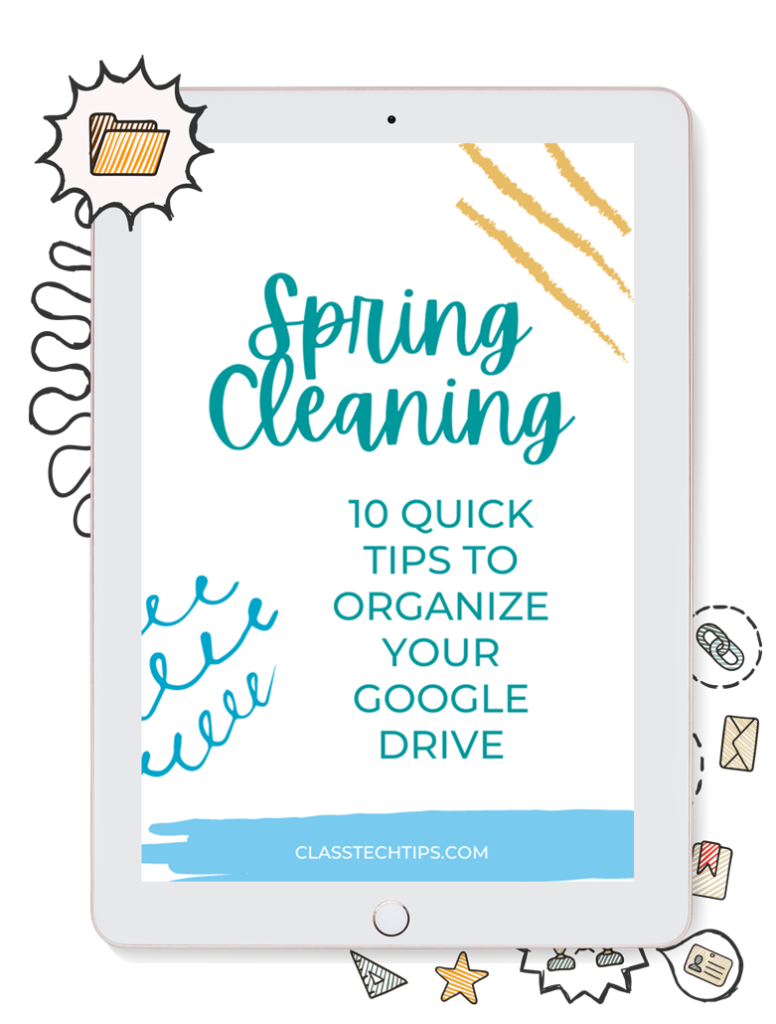I started blogging for Edutopia almost ten years ago – January 4, 2013, to be exact. And over the past decade, I’ve had an opportunity to connect with Edutopia bloggers across the country. As an avid reader of Edutopia articles, I often encounter topics I want to know more about. And as a podcaster, I’ve had the opportunity to chat with educators about their passions, areas of expertise, and topics they love to share in spaces like Edutopia.
After chatting with dozens of Edutopia bloggers in-person and through social media channels over the past almost-decade, it’s been lots of fun spotlighting a few on my Easy EdTech Podcast.
Here are a few takeaways or things I learned talking to Edutopia bloggers:
Lisa Dabbs was one of the first Edutopia bloggers I met during the summer of 2013. As a current school board member, Lisa came on the podcast to share her unique perspective. She emphasized the importance of connecting with your school board members, no matter how big or small a district you’re working on. I loved Lisa’s emphasis on relationships and connections.
When chatting with Regena Landry, who wrote this post on “Incorporating Coding in STEM Classes,” she suggested introducing computational thinking without technology. She described to listeners of the podcast how she first introduced coding with puzzles. She said, “And so from there we got into what an algorithm is and how coding is basically setting up those step-by-step instructions.”
Valentina Gonzalez wrote about ways to amplify language opportunities on Edutopia. Then she joined me on the podcast to chat about technology integration. My big takeaway from our conversation was Valentina’s focus on the outcome. She posed the question to listeners, “Is this use of technology gonna improve the outcome for my multilingual learners?” You can bring this question into your planning and conversations with colleagues about technology integration.
Edutopia Bloggers on the Easy EdTech Podcast
Edutopia blogger James Fester joined me on the podcast last year to discuss project-based learning. One of the biggest takeaways from our conversation was the importance of reaching out to local organizations. Specifically, to see what type of opportunities they have to help students address real-world problems. Including community problems they might not find in a textbook.
Earlier this year, Hedreich Nichols joined me on the podcast to discuss how educators can help students be respectful in online spaces. She wrote about this topic for Edutopia, and our conversation emphasized the importance of modeling for students. Kids need to see teachers think aloud when encountering tricky situations online.
Back in 2020, I had the pleasure of chatting with Edutopia blogger Jorge Valenzuela about computational thinking in classrooms. Our conversation focused on how teachers can use the foundations of computational thinking in any subject area. His articles have covered topics like project-based learning and teaching coding with and without a computer.
When I came across Shveta Miller’s work on Edutopia about using graphic novels in the classroom, I knew I had to pick her brain on this topic. We explored using graphic novels with students to teach high-level thinking. Our discussion delved into balancing consumption and creation and activity ideas that teachers can use across the content areas.
Share some things you’ve learned from Edutopia bloggers on social media. Tag @Edutopia and @ClassTechTips in your social shares with takeaways from your time exploring Edutopia and all the insight bloggers have to share.
